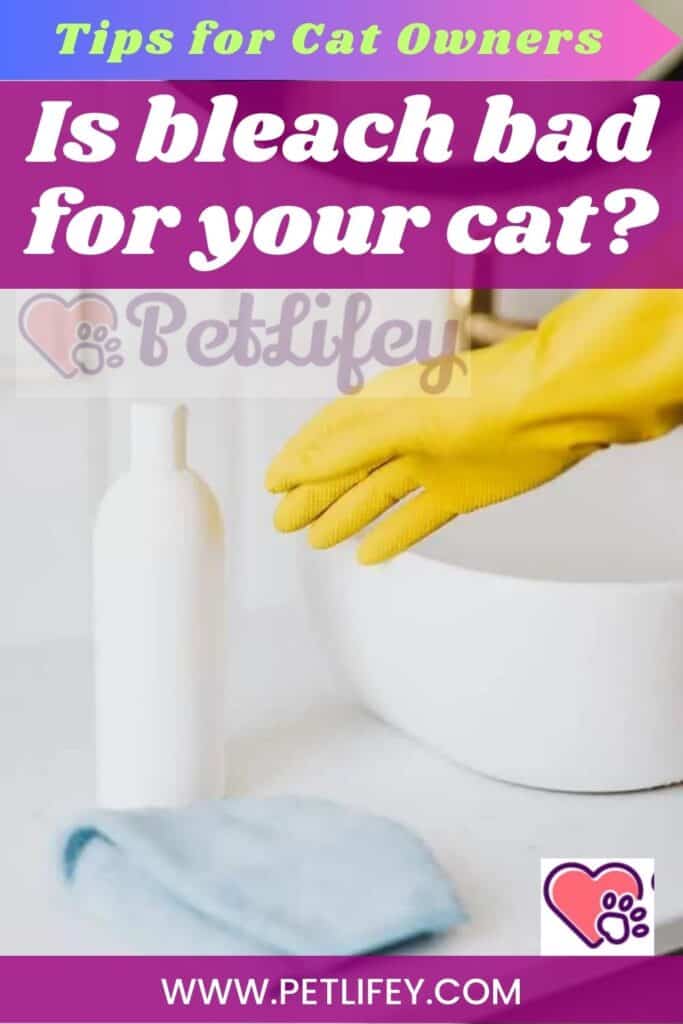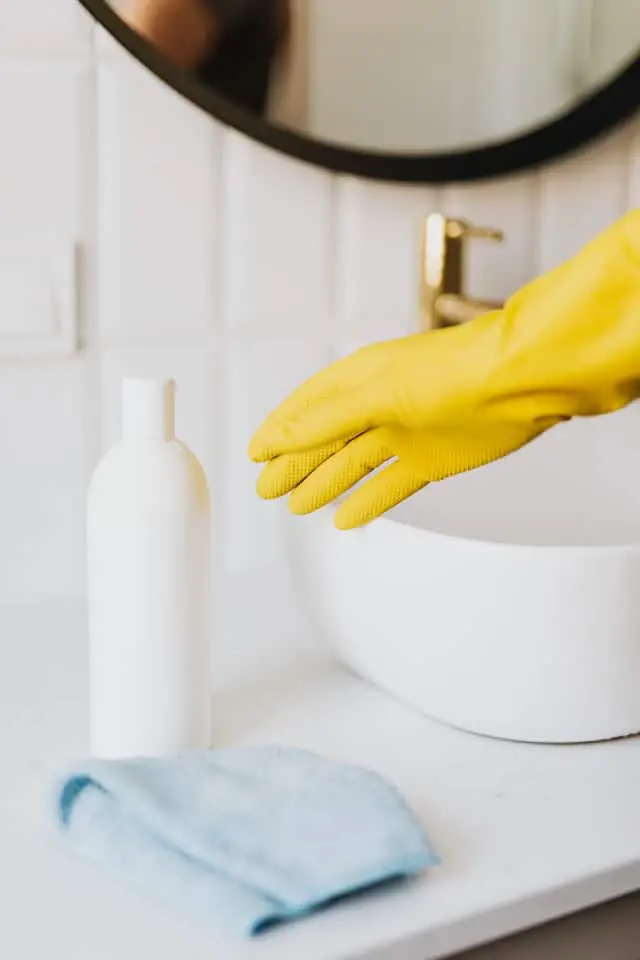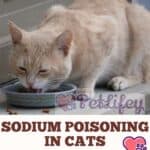
In our homes, among the hygiene and cleaning products, bleach is very present, but is it bad for our cat? What could we replace it with?
Bleach inexplicably seems to be incredibly attractive to our little cats. This is the reason why, when our cats do not accept to pee in the litter box, by putting a little bleach in the object, the little cats begin to familiarize themselves with the litter box and urinate where they should. In fact, many people have started not mopping floors using bleach-based products because their cat would tend to mistake the floor for their litter box and urinate there too.
However, can bleach give cats problems, as it happens to us humans? And if so, when and how? Let’s find out together and also see what alternatives to bleach exist.
Is bleach dangerous for cats?
Bleach, despite being highly advertised because it cleans and sterilizes floors and whitens clothes, is not recommended for its toxic effects on both us and our four-legged friends. By breaking down it releases chlorine and VOCs into the environment, which are compounds found in gaseous form, such as chloroform. But also given its affordable price, bleach continues to be used a lot.
Thanks to recent studies it has been discovered that bleach tends to accumulate in the body through our respiratory system and our skin and its effects can begin to manifest long after we have come into contact with it.
Our animal above all runs a double risk. In fact, it not only risks breathing it but also coming into contact with it quickly through the glands found on the cat’s paws. This risk continues even once the floor and bedding are dry.
Furthermore, the ammonia present in your cats’ pee can mix with the bleach creating harmful effects for their health and also for ours.
Alternative products to bleach

So why should we use bleach when there are other solutions that are equally effective and less dangerous? For example, the banal sodium bicarbonate which is increasingly present in many commercial detergents, even inexpensive, is fine for washing clothes .
We can also very well buy it in bulk and add it ourselves, both in hand washing and in the washing machine. Bicarbonate has many benefits: the first is a whitening effect, in fact many use it, albeit in moderation because in the long run it can corrupt the enamel, to whiten the teeth.
Bicarbonate is also widely used to disinfect vegetables and environments so it is fine to keep both the floor and the milk jug of the animal sanitized and has a covering effect even on odors so the house will be perfectly clean without breathing and without accumulating in our body. and in that of our cat chemicals.
You could also sanitize the cat litter even more by adding, once you have washed it, a few drops of 3% hydrogen peroxide which is very effective for sterilizing environments and is also absolutely not toxic for the glands present on the paws of our animals.






